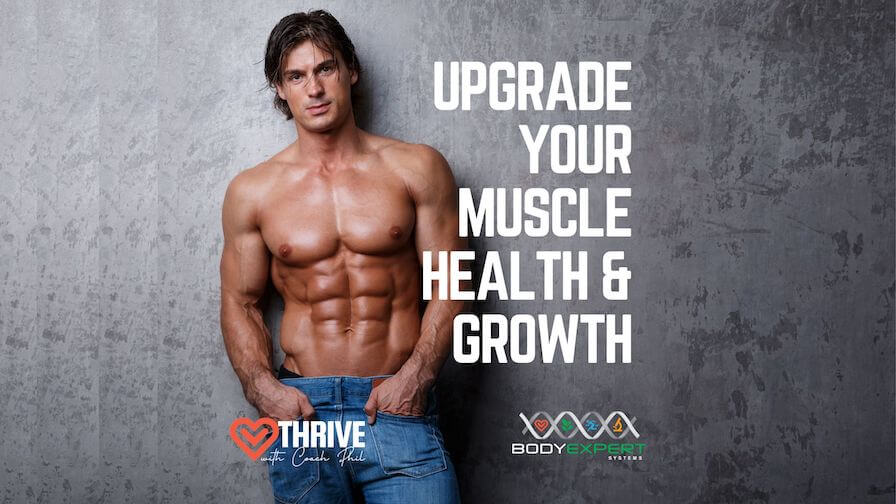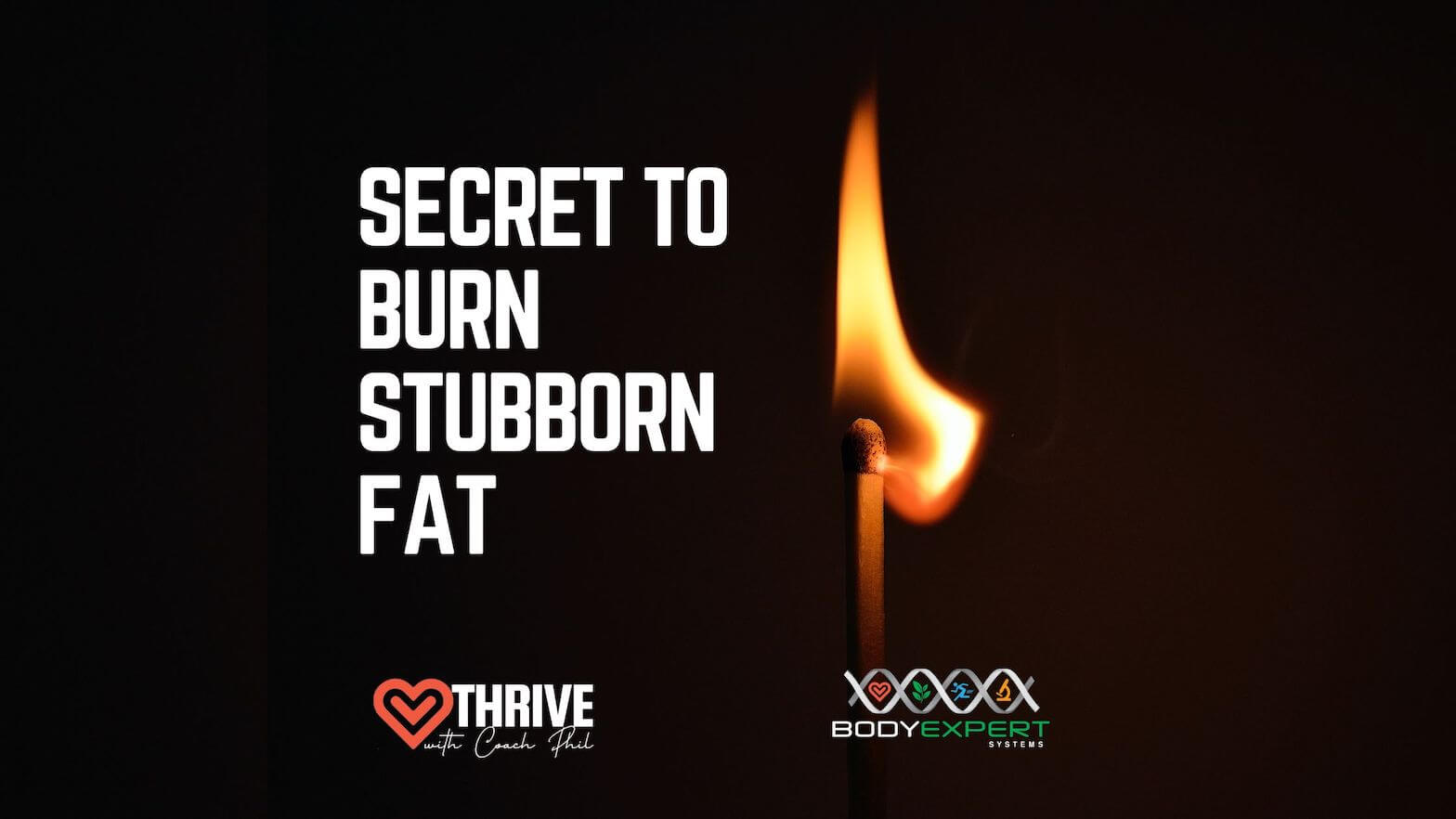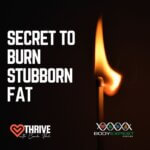NEW SCIENCE REVEALS: The Shocking Truth About Magnesium, Zinc, and Muscle Growth that every fitness and health enthusiast must Know…
When most people in Ho Chi Minh City think about getting stronger, they focus on training intensity and protein intake. But new research published in the Archives of Gerontology and Geriatrics (May 2025) shows a different story… micronutrients play a far bigger role in muscle growth, mobility, and long-term performance than we ever realised.
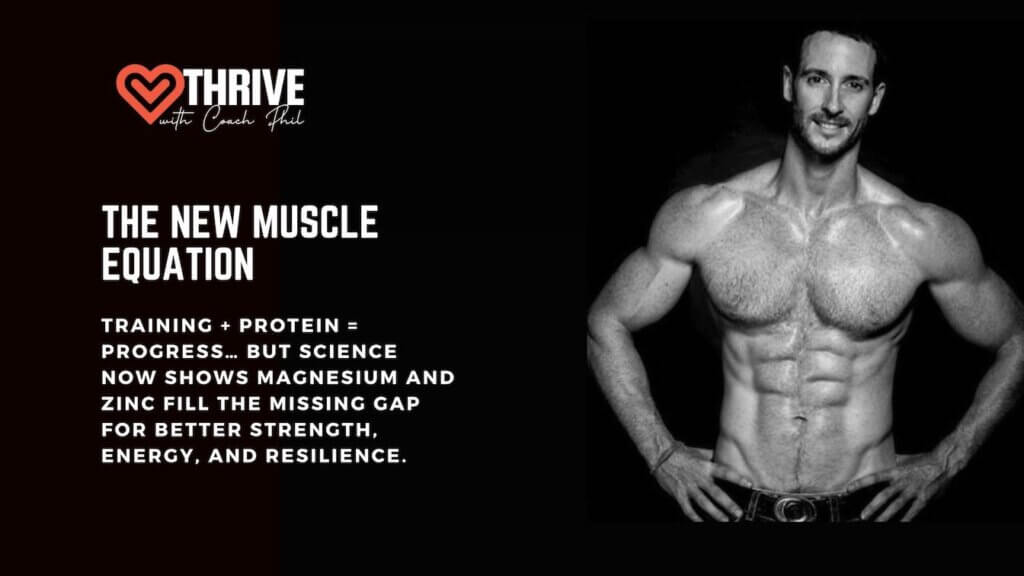
Among all the nutrients studied, the ones with direct causal evidence for improving muscle health were magnesium and zinc.
This matters for anyone training in Saigon… especially high performers who want better strength, better recovery, and better aging.
What the New Study Looked At
The research team used a method called Mendelian randomization, which studies genetic variations to understand cause-and-effect… not just correlations. The question was:
“If someone is genetically predisposed to have higher levels of magnesium or zinc, do they actually have better muscle health?”

They focused on five key traits connected to muscle loss and sarcopenia:
— Grip strength
— Physical activity levels
— Walking pace
— Ability to walk or cycle for 10 minutes unaided
— Lean muscle mass in the limbs
And they analyzed seven nutrients, including magnesium, zinc, calcium, iron, selenium, phosphorus — but only magnesium and zinc showed strong causal links to muscle performance
What They Found
1. Magnesium Protects and Builds Muscle
People with higher magnesium levels had more lean muscle and retained it better over time.
Magnesium plays a role in:
— Chronic inflammation reduction
— Protein synthesis
— Muscle contraction
— Energy metabolism
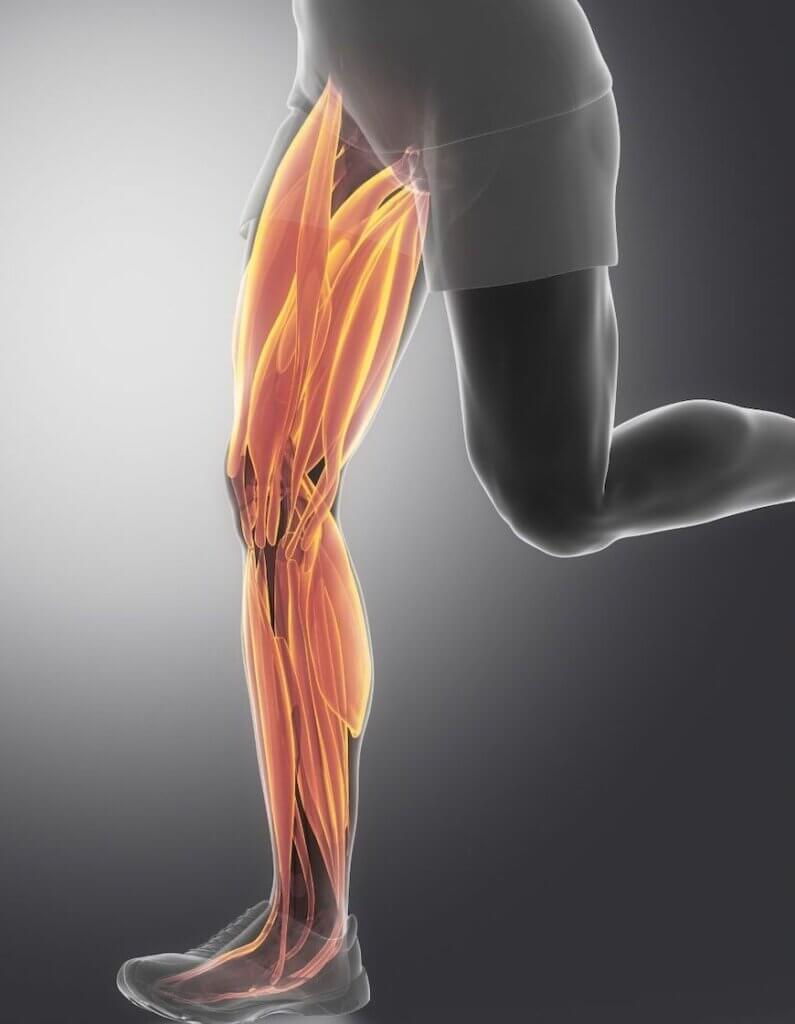
Low magnesium levels are linked to accelerated muscle loss, poor muscle activation, and reduced exercise performance. Studies show that even mild magnesium deficiency increases inflammation and negatively affects muscle function… especially in adults over 40.

2. Zinc Supports Movement, Energy, and Recovery
Higher zinc levels were associated with:
— Better movement
— Higher activity levels
— Faster walking pace
— Better stamina
Zinc is required for anabolic hormone production, immune function, tissue repair, and cellular energy.
Research consistently shows that zinc deficiency reduces strength, slows wound healing, and limits muscle repair… often without obvious symptoms. For busy professionals training under stress, low zinc is extremely common and easily missed.
What If You Don’t Know Your Genetics?
You don’t need genetic testing to take action.
Whether your baseline levels come from your DNA or your daily diet, the effect is the same:
Higher levels of magnesium and zinc → better muscle mass, strength, and mobility. This isn’t about luck… it’s about giving your body the nutrients it needs to grow and recover.
What “Genetically Predisposed” Actually Means
Micronutrients like magnesium and zinc cannot be produced by the body. Some people have genetic advantages that help them:
- Absorb more from food
- Maintain higher blood levels
- Transport nutrients more efficiently into cells
This means two people eating the same meal may actually receive very different benefits. It also explains why some individuals respond better to training, recover faster, and maintain muscle more easily.
Why This Matters for Your Training in Ho Chi Minh City

Micronutrients rarely get attention, but they affect:
— Training performance
— Recovery speed
— Fatigue
— Muscle-building rate
— Hormone balance
— Mobility as you age
Low magnesium or zinc can lead to:
— Fatigue during workouts
— Reduced endurance
— Slower muscle recovery
— Difficulty building or maintaining muscle

Many adults in Saigon and across Asia, especially busy professionals, unintentionally run low on these minerals due to stress, sweat loss, coffee intake, alcohol, and nutrient-poor convenience foods.
Where to Get These Nutrients
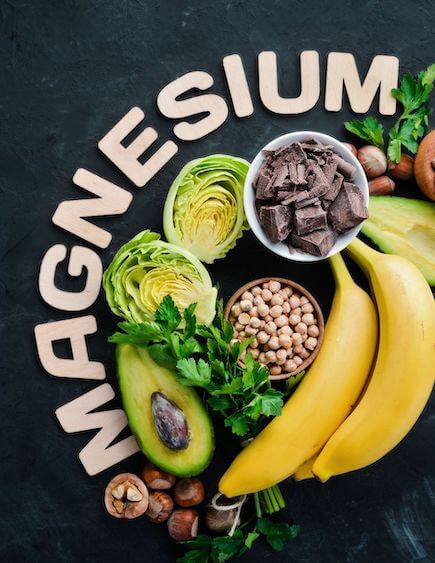
Food first… always. While supplements can be helpful in certain situations, the foundation of great muscle health, metabolic function, and overall longevity should always come from real food. Whole foods provide magnesium and zinc in their most bioavailable forms, packaged with fibre, antioxidants, phytonutrients, and healthy fats that supplements simply can’t replicate.
Food also delivers these nutrients in balanced ratios that support digestion, absorption, and long-term metabolic health.
Most people in Ho Chi Minh City and the wider Asian community don’t have a “supplement deficiency”… they have a nutrition quality deficiency due to stress, rushed meals, convenience foods, and restaurant-heavy lifestyles.
Prioritising nutrient-dense whole foods ensures you’re not just adding minerals to your diet, but improving your entire biological environment for better strength, energy, recovery, and performance. Only once your diet is solid should supplementation be considered as a strategic bonus, not a replacement.

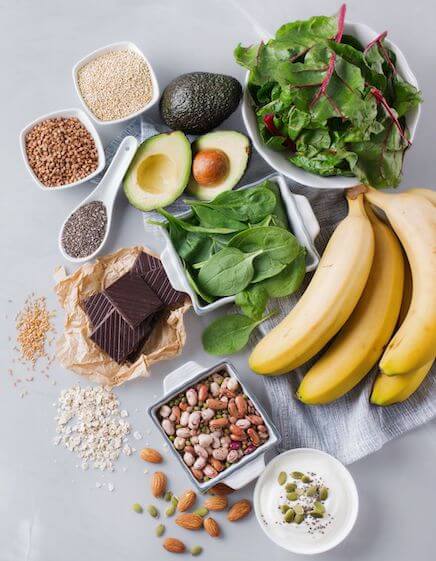
Magnesium Sources:
- Dark chocolate
- Leafy greens
- Pumpkin seeds
- Almonds
- Whole grains
Zinc Sources:
- Hemp seeds
- Beef
- Chicken
- Eggs
- Chickpeas
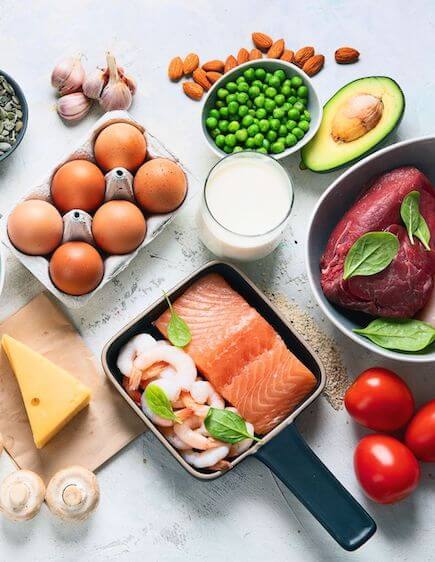
Older adults, high-stress professionals, and frequent exercisers may benefit from supplementation due to higher nutrient turnover and loss through sweat.
Building Muscle & Better Performance In Asia
The bottom line… Training and protein matter… but they’re not the full story. This new research provides strong evidence that magnesium and zinc directly support muscle growth, strength, movement, and long-term physical performance.
It’s not about chasing trends or taking random supplements. It’s about using proven science to support your muscles, your training, and your quality of life (longevity)… one smart choice at a time.
Additional Blog Articles:
Checkout some of our previous articles on fitness and muscle building:
1 – Best Way To Build Your Glutes
2 – 5 Unfamiliar Benefits of Lifting Weights
3 – Ineffective Exercises… Don’t Waste Your Gym Time
Connect with us:
We are here to help you make the best choices to #LIVEBETTER and THRIVE. Improve your quality of live by developing boundless energy, upgrading your brain, optimising your body and defy aging… for more information checkout our THRIVE Saigon Memberships – click here!
If you’re not in Saigon / Ho Chi Minh City, Vietnam but would still like us to help you improve your quality of life and live better GET IN TOUCH WITH US NOW or checkout our award winning Online Coaching Service: CLUB THRIVE.
For more great information, inspiration and tips on all things belly fat loss, performance and quality of life follow me on Instagram @THRIVEwithPhil
Sources and further reading:
- Jia, X., et al. (2025). Causal relationships between micronutrients and sarcopenia: a two-sample bidirectional Mendelian randomization study. Archives of Gerontology and Geriatrics, 122, 105423. https://pubmed.ncbi.nlm.nih.gov/40483991/
- Harvard T.H. Chan School of Public Health, The Nutrition Source. Magnesium. Available at: https://nutritionsource.hsph.harvard.edu/magnesium/
- Healthdirect (Australian Government). Foods high in zinc. Available at: https://www.healthdirect.gov.au/foods-high-in-zinc
- Garrison, S. R., et al. (2023). Effects of magnesium supplementation on muscle soreness in different type of physical activities: a systematic review. Journal of the International Society of Sports Nutrition, 20(1), 1-13. https://pubmed.ncbi.nlm.nih.gov/38970118/
- Hashimoto, K., & Takamura, M. (2020). Zinc at the crossroads of exercise and proteostasis. Frontiers in Physiology, 11, 570. https://pmc.ncbi.nlm.nih.gov/articles/PMC7284914/
- Smith, G. I., et al. (2019). The Influence of Omega-3 Fatty Acids on Skeletal Muscle Protein Turnover in Health, Disuse, and Disease. Frontiers in Nutrition, 6, 144. https://www.frontiersin.org/articles/10.3389/fnut.2019.00144/full


